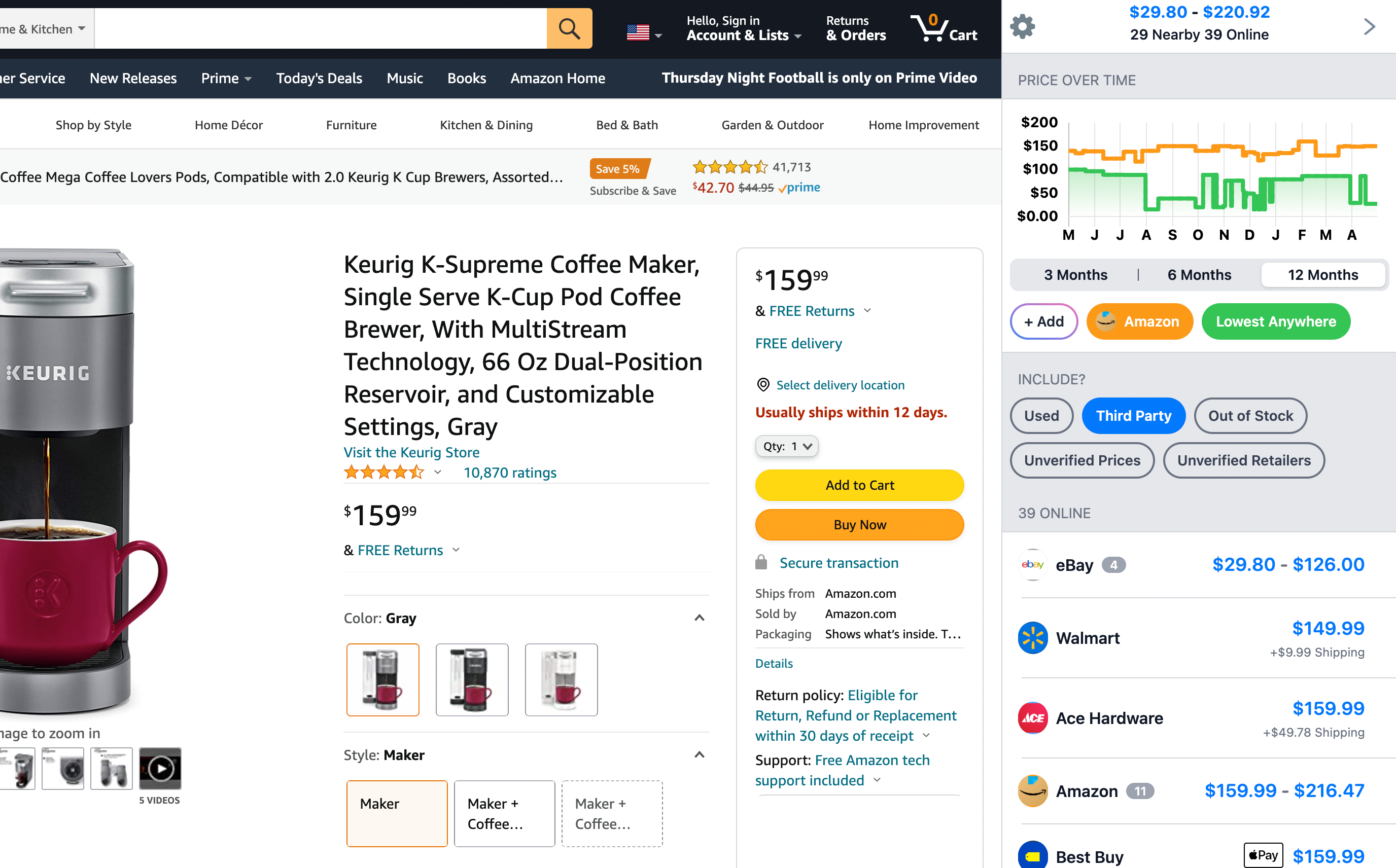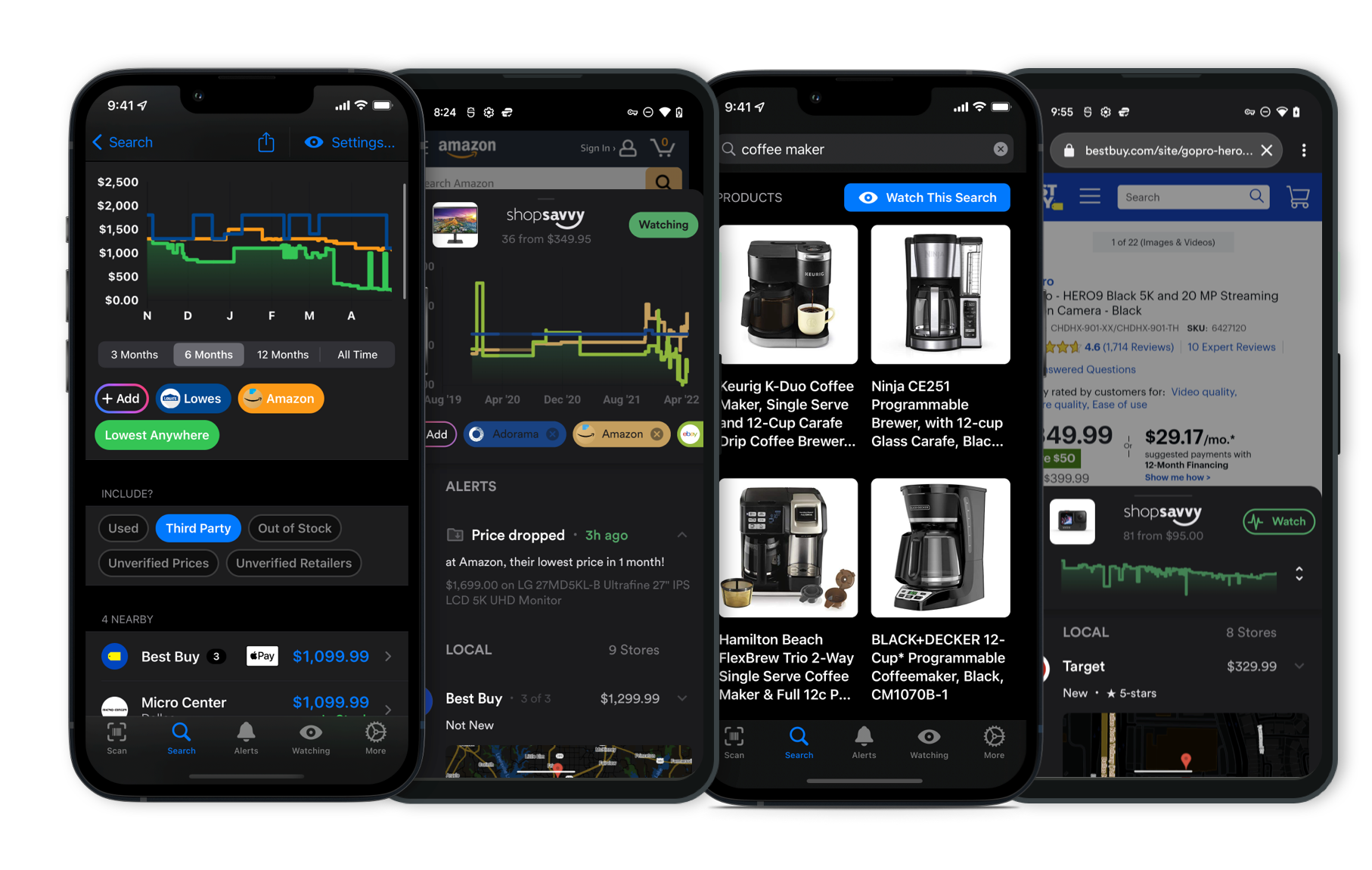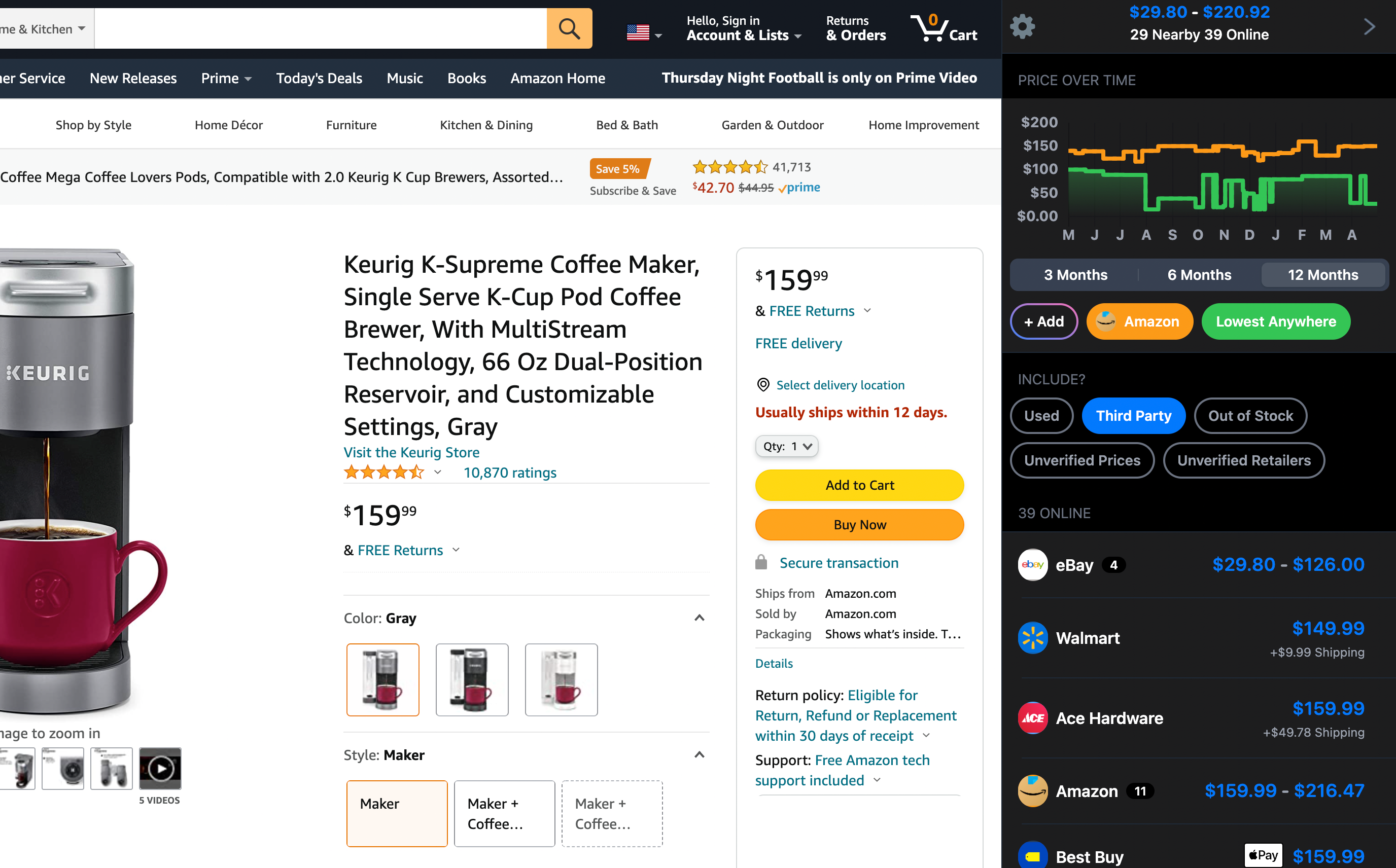
You don't need to worry about a subscription when you first start using the Cricut Maker. You can enjoy its basic features without any extra cost. But if you're thinking about diving into more advanced stuff—especially using Cricut's Design Space—there are some things to consider.
The Cricut Maker is known for handling over 300 different materials, from delicate fabrics to tough leather, thanks to its impressive cutting power. It's a great choice if you're into precision crafting, whether you're doing it for fun or professionally.
When it comes to software, the Cricut Maker works with Design Space, which is a platform you'll use for creating and cutting your projects. Based on what we found, Design Space is free to use, letting you upload your own designs and access some basic images and fonts.
If you want more options, Cricut has a subscription called Cricut Access. This gives you access to a bigger collection of images, fonts, and ready-to-make projects, which can really broaden your creative choices.
However, be aware that Design Space isn't perfect. It needs a reliable internet connection, which could be a pain if your connection is spotty. Plus, it's reportedly not the easiest software to navigate compared to some other options, so you might experience a bit of a learning curve when turning your ideas into finished designs.
One more thing to think about is the setup and extra tools. The Cricut Maker is quite a hefty machine, which means it takes up a lot of space. Also, you'll need various blades, mats, and accessories for different projects, and these can add up in cost.
Bottom line: You can get started with the Cricut Maker without an upfront subscription. But if you're aiming to get the most out of it, especially in terms of design resources, you might look into Cricut Access.
Just keep in mind the extra cost for tools and materials to really make the most of the Maker's versatility.
Where to Buy
Considering the Cricut Maker Champagne?
Here's our "TLDR" Review
 Download ShopSavvy App
Download ShopSavvy AppCompare prices for anything in real-time, set price alerts, watch for deals by keyword, and much more
 Install ShopSavvy Browser Extension
Install ShopSavvy Browser ExtensionCompare and track prices automatically while you shop online at thousands of websites.
More Answers
If you're still curious about the Cricut Maker Champagne, here are some other answers you might find interesting:
The Cricut Maker is known for being pretty versatile, handling everything from fabrics to light wood with ease. This is mostly because of its powerful cutting ability, which is reportedly ten times stronger than earlier Cricut models. Our research shows that people really like how smoothly it works, whether you're just cutting simple paper shapes or tackling tougher materials like chipboard and balsa wood.
It’s ideal for all sorts of projects, from home decor to personalized gifts.
A handy feature is its Bluetooth connectivity, letting it work seamlessly with iOS, Android, Windows, and Mac systems. This makes it easy to use the Cricut Design Space app on any platform. The app usually gets good feedback for being user-friendly, even if you're just starting out. That said, our research found that the need for a consistent internet connection can be a bit of a pain, especially if your internet is spotty.
On the flip side, there are some common downsides to be aware of. Some users have reported software hiccups and occasional mechanical glitches. Calibration challenges can be especially frustrating, particularly with detailed designs.
So, if you're new to the Cricut Maker, be ready for some troubleshooting here and there. A bit of patience and practice can definitely help sort these issues out.
In short, while the Cricut Maker gets a lot of love for its precision and versatility, it's not perfect. Our data suggests it's a game-changer for many, but being prepared for its connectivity needs and potential software or mechanical quirks can make a big difference in your overall experience.
It's widely recommended for its range of uses in crafting, but it does come with a learning curve and tech needs to keep in mind.
You don't need to worry about a subscription when you first start using the Cricut Maker. You can enjoy its basic features without any extra cost. But if you're thinking about diving into more advanced stuff—especially using Cricut's Design Space—there are some things to consider.
The Cricut Maker is known for handling over 300 different materials, from delicate fabrics to tough leather, thanks to its impressive cutting power. It's a great choice if you're into precision crafting, whether you're doing it for fun or professionally.
When it comes to software, the Cricut Maker works with Design Space, which is a platform you'll use for creating and cutting your projects. Based on what we found, Design Space is free to use, letting you upload your own designs and access some basic images and fonts.
If you want more options, Cricut has a subscription called Cricut Access. This gives you access to a bigger collection of images, fonts, and ready-to-make projects, which can really broaden your creative choices.
However, be aware that Design Space isn't perfect. It needs a reliable internet connection, which could be a pain if your connection is spotty. Plus, it's reportedly not the easiest software to navigate compared to some other options, so you might experience a bit of a learning curve when turning your ideas into finished designs.
One more thing to think about is the setup and extra tools. The Cricut Maker is quite a hefty machine, which means it takes up a lot of space. Also, you'll need various blades, mats, and accessories for different projects, and these can add up in cost.
Bottom line: You can get started with the Cricut Maker without an upfront subscription. But if you're aiming to get the most out of it, especially in terms of design resources, you might look into Cricut Access.
Just keep in mind the extra cost for tools and materials to really make the most of the Maker's versatility.
From what we've gathered, the Cricut Maker does a pretty impressive job with cutting accuracy. The manufacturer describes it as using some fancy cutting tech, letting it handle everything from super delicate stuff like tissue paper to tougher things like leather and even balsa wood.
Our research shows that a lot of folks are quite happy with how precisely it cuts, especially when working on complex designs. Whether it's switching between different tools or handling various materials, people seem to find it pretty reliable. The machine's adaptive tool system plays a big role here, letting it pick the best tools for each task.
What's really neat is that the Cricut Maker can cut materials as finely detailed as 0.1 mm. This precision is a big hit with those who do intricate crafting or design work. Plus, it's got a variety of blades and tools, like rotary blades and knife blades, and you'll find that they cater to all sorts of crafting needs, generally delivering sharp and clean cuts.
That being said, there are a few stories about minor issues, usually not because of the machine itself but things like the type of material or calibration hiccups. It seems like recalibrating or swapping in a new blade typically irons these out. Keeping the machine clean and in good condition is also crucial for maintaining its accuracy over time.
As for the technical side, while the Cricut Maker depends on Design Space software for getting projects done, sometimes software glitches or needing an internet connection can be a bit of a nuisance. These don't mess with the cut accuracy directly but can make working on projects a bit more challenging if the software isn’t cooperating.
Overall, the Cricut Maker is pretty well-regarded for its cutting precision and versatility. Just keeping up with software updates and regular maintenance can optimize its performance, helping you make the most of what the machine offers.
Explore Content
Footer 1
Published
Subscribe for Updates
Get the latest news, and updates on ShopSavvy. You'll be glad you did!












